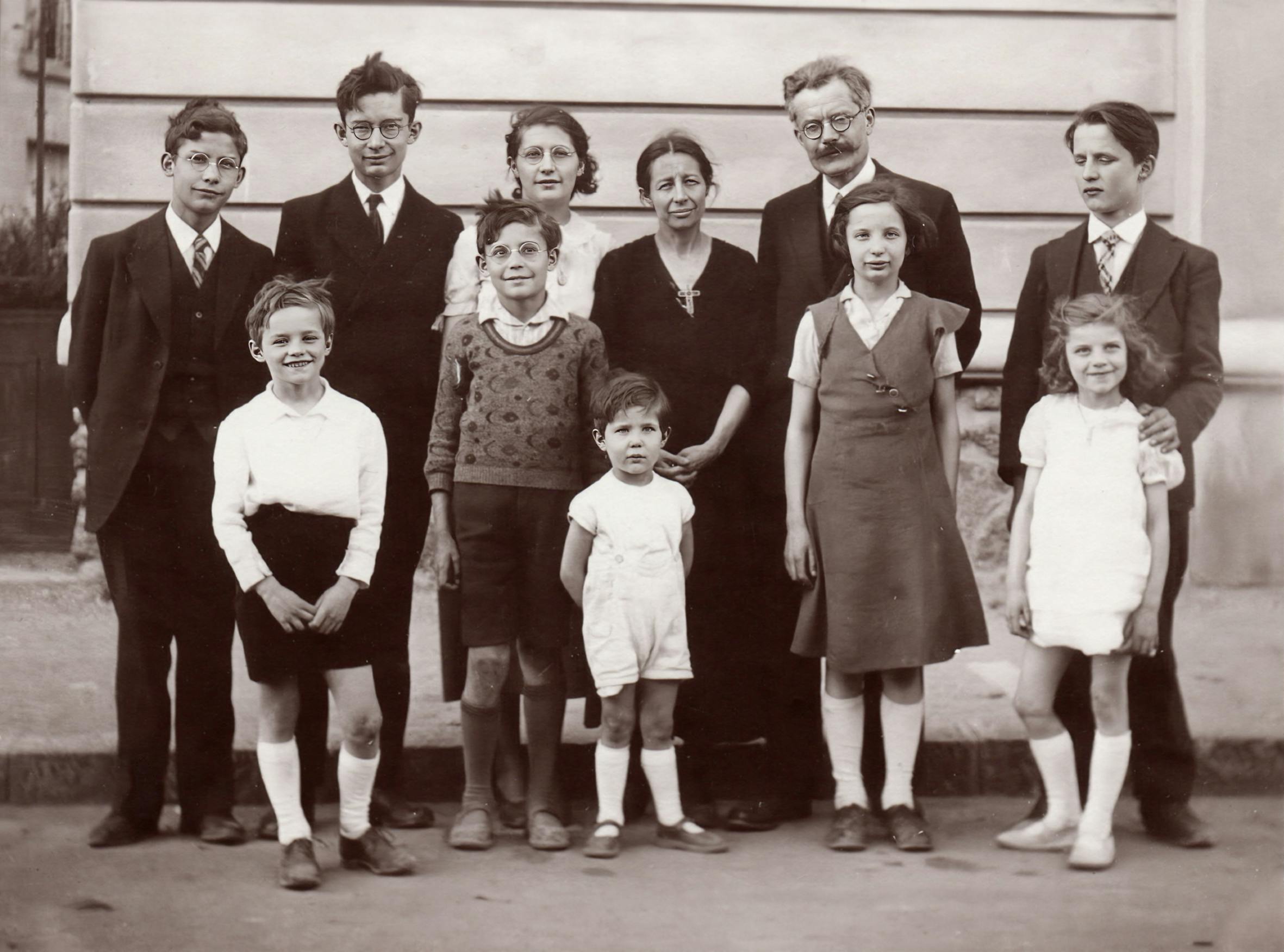
Travel has been very much glamorized as the quintessential journey of self-discovery, an opportunity to open your mind and collect experiences as if they were material souvenirs. Our social media feeds are bursting with sun-drenched images of historical landmarks, exotic markets, and stunning sun-soaked beaches, suggesting that travel can always lead to positive changes in people’s lives.
However, external meanings underlie the beauty of travel and suggest that we must not consider only where we travel, but the means by which we travel and the implications in terms of at what expense. Feminist ethics asks us to see beyond individual experience, beyond our individual (often privileged) identities, in order to consider the network of people, power, and inequalities that shape travel.
This ethics evokes questions we may not naturally inquire into, such as: Who benefits from tourism? Who has a voice? What kind of footprint (carbon or cultural) do we leave behind when we travel?
The Colonial Hangover in Modern Tourism:
The tourism industry did not develop in a vacuum. Its roots are deeply entwined with colonialism, when European explorers and settlers set forth on their journeys to find new lands occupied by flourishing civilizations. This legacy continues with the language we use; we still use words like “discovering” places as if the destination did not exist until the traveler arrived with their guidebooks and cameras.
Today’s travel industry is often the same. Luxury resorts displace local communities. Travel operators owned by foreign enterprises extract profits from local guides who may not be paid a livable wage. The Indigenous cultures that can be seen through the frames of the camera become commodities for mass consumption while the sacred ritual is a staged performance for the tourist. The feminist traveler must come to terms with this reality and not airbrush it out in their Instagram feed.
The Privilege of Movement:
Feminism has always been about recognizing privilege and working toward equity. In travel, there are layers of privilege at work. With a passport from a wealthy nation, you can enter many places freely (or with visa-on-arrival access) that are entirely closed to others.
A woman who holds a passport from Sweden can access over 190 countries visa-free, and a woman who holds a passport from Afghanistan would likely have access to fewer than 30. Passport privilege isn’t typically part of the conversation when talking about travel narratives that celebrate “freedom” and “adventure.”
Economic privilege is also significant. Influencers can easily promote “budget travel” after spending thousands of dollars getting to their destination. Billions of people around the world will never have the financial means to travel for pleasure. The feminist ethic requires that we acknowledge this matrix of privilege without shame, but with an honest accounting of our positionality within the larger global contexts of privilege.
Gendered Dynamics of Travel:
The link between women and travel has a complicated status with safety being a concern that rarely, if ever, is a consideration for men at the same level. We must cover up in specific countries, we are advised against traveling alone, and speaking of acceptance of drinks from someone who is not a person of trust or acquaintance, whether on land or at sea, is a safety threat for women.
Travel can be fraught with havoc due to constantly deciphering If x is a safe risk to take, or determining if traveling alone in unsafe or relative unsafe areas of the world is available and/or calibrated for “normal” safety. However, as feminist ethics moves forward, we should not frame or reduce citizens of other cultures to be “oppressed” for freedom of Western based beliefs.
The irony is thick enough to bite: Western women “find” themselves traveling in countries that severely restrict their ability to flourish, and simultaneously degrade the local women to add “background” to their stories of self-discovery or enjoyable travel. A feminist based travelogue means we’d want to understand or interact with local women’s movements, and/or interpreting the reference of “discriminatory established” context, amplifying their voices, not speaking for them.
Practical Ways to Travel with Feminist Ethics
Being an ethical traveler doesn’t mean you need to stay home or avoid certain places. It means traveling with deliberation, awareness, and responsibility:
- Do your homework beyond the guide books – Understand the political situation, environmental issues, and social justice movements that exist where you travel. Understand the history you are entering – especially if there is a colonized relationship between your home country and the country you are visiting.
- Use locally owned businesses – Stay at locally family-run guest accommodations rather than international chain hotels. Eat in restaurants owned by local people while you travel. Hire your guides from the community you are visiting rather than hiring through a foreign tour operator.
- Think about your ethics of creating photographs – Don’t take photographs of people -especially children- without permission. Would you want someone to take this photograph of you in your home country? Does this photograph exoticize poverty or reinforce stereotypes?
- Pay appropriately/ consistently and tip generously – Remember that what seems cheap to you could amount to days of work for someone, just because it is cheap to you doesn’t mean it was cheap to make or provide. Don’t haggle for “great deals” when buying from street vendors or artisans.
- Pick up some basic phrases in the local language – A little effort goes a long way in fostering respect, and it helps break down the tourist and local barrier. It is a sign that you recognize you are the visitor in someone else’s home.
- Be skeptical of voluntourism – Be critical of ways in which unskilled travelers are sent to “help” communities, especially those involving children. Think about whether your presence truly supports the locals or serves only your desire to “be” helpful.
- Offset and reduce your carbon footprint – Air travel is a significant driver of climate change, and it can disproportionately affect the Global South. Travel less often but stay longer. When possible, choose trains instead of planes. Support carbon offset programs that can directly benefit local communities.
The Stories We Tell:
Perhaps the most important aspect of feminist ethics is that it demands we interrogate the stories we tell about our travels. Who are the protagonists in our travel narratives? If the protagonist is us, the brave traveler facing challenges, we are missing the point. The stories are about the people we encounter, the systems we are part of, and how we contribute or take away from people’s communities.
This is not to say you should engage in performative self-flagellation or that you should refuse to enjoy travel and simply suffer on behalf of Christine de Pizan. You can still find joy, wonder and transformation in encountering a new place and culture, and those things are acceptable. But those feelings don’t preclude you from critical consciousness and ethical responsibility.
Toward a More Just Wanderlust
Feminist ethics of travel does not simply try to create a new, impossible standard for travel so that only those who have the ideal of a perfect traveler, get to experience the joy and benefit of exploration. To travel as an ethic signifies the recognition of all three practices of learning, humility, and reciprocity and conception of travel as an ongoing, non-consumptive act of connection that we embark on with others, not just for ourselves.
As we recognize that the world does not exist for our own personal enjoyment and enrichment, nor just for those who travel through consumption in a new place, we implicitly acknowledge that travel can help our own or others’ development of a larger view of perspective, meaning and relationship. The road forward requires the courage to assess the many challenges of travel, and how our travel privileges contribute to and exploit them but remain hopeful that the ability to travel collaboratively, can build understandings, across cultures.
It means understanding that at times we must use our privilege to advocate for fairer tourism policy and resourcing local activations but, isn’t afraid to sit with discomfort instead of whitewashing it away. Our embodiment of an authentic wanderlust grounded in feminist ethics, certainly does not wish to erase the messy, fraternal, or complicated moving through a deeply unequal world can sometimes be.
But trust the teaching and challenge that it brings and works towards constructing worlds where mobility is no longer a privilege of a few, where cultures can be shared and not exploited through commodification, and where travel leaves places better off. That a travel journey is one worth taking, on many levels.

















